
Archives


Atheism’s Myth of a Christian Dark Ages Is Unbelievable
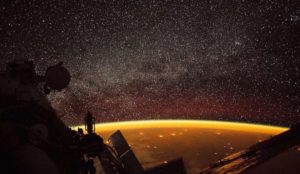
Myth: A Big Universe Is a Problem for Christianity
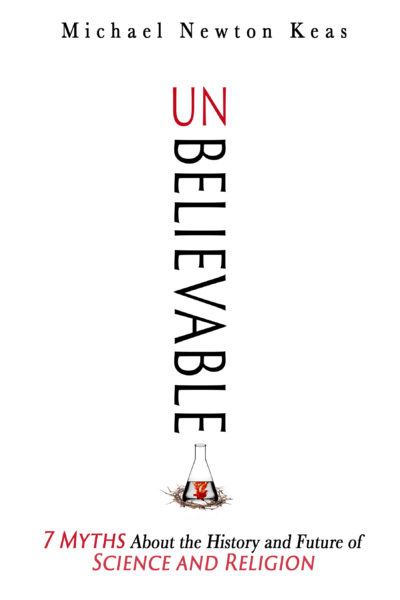
Unbelievable
7 Myths About the History and Future of Science and Religion
Unbelievable: Science Fiction, Science Fact, and How to Tell the Difference
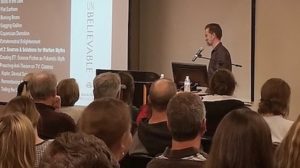
In Colorado, Two Sneak Previews of Unbelievable
Out in November, New Book Debunks Myths of Science Versus Religion
Unbelievable: Debunking science and faith myths with Historian Mike KeasRichard Weikart on the Revealing Inconsistencies of Scientific Materialism
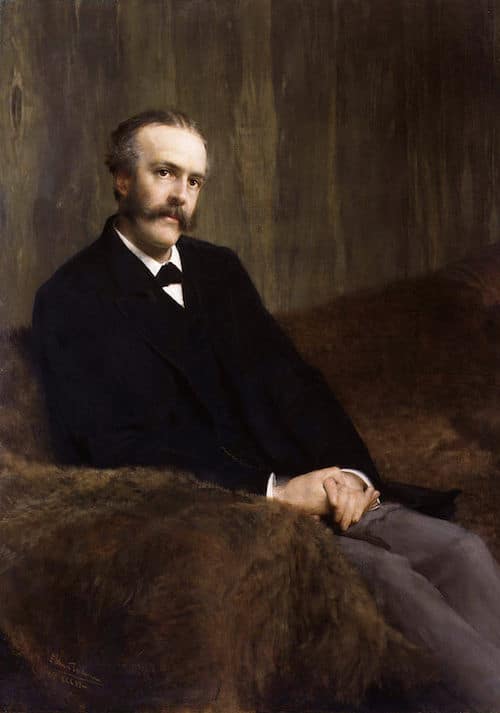
Remembering Arthur Balfour, Friend of Science and Friendly Opponent to Atheist Bertrand Russell
Term Limits: Eugenie C. Scott and the Retirement of “Darwinism”
Reason, not Revelation: Jean-Jacques Rousseau’s Watchmaker
Jean-Jacques Rousseau, Intelligent Design Advocate
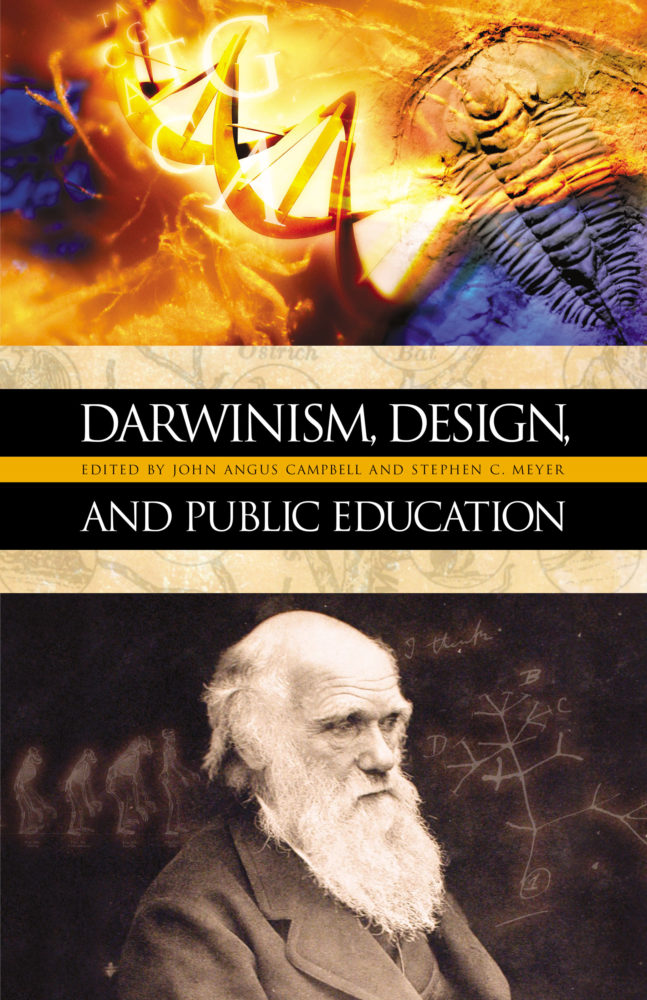
Darwinism, Design, and Public Education
